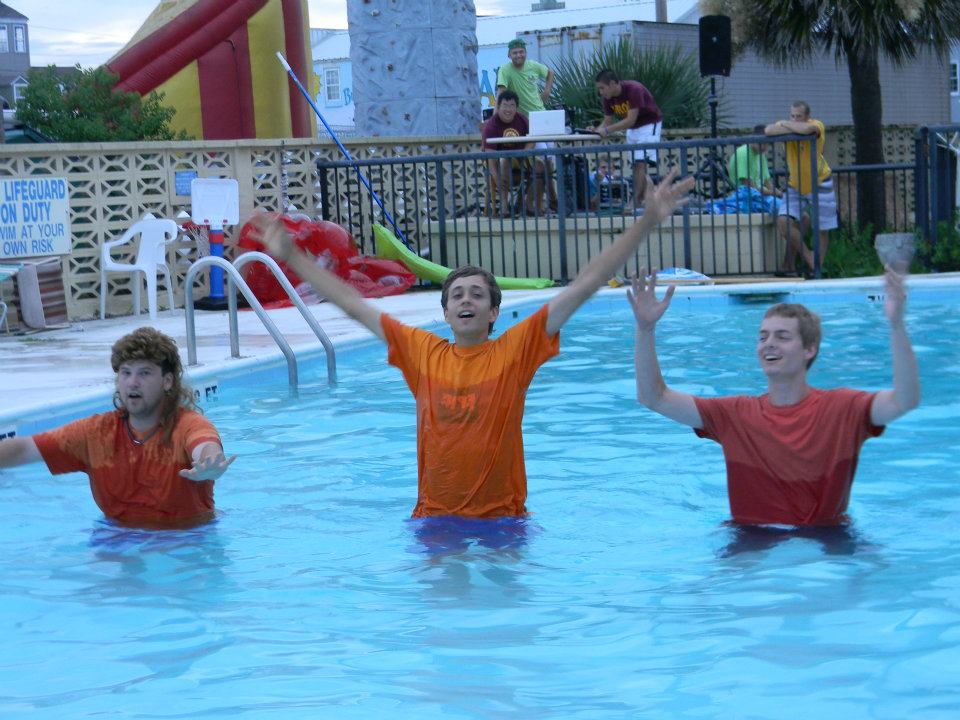Every summer, Campus Outreach hires a handful of interns for the Summer Training Project.
This year, we have nine.
There are various needs to be met on Project, and it is such a blessing to see the ways God has created individuals to be able to meet those needs.
There are two main categories for interns: Finance and Communications.
Communications is broken down further into video, photography, podcasts, and blogging internships.
Let’s start with the finance team.
This year on Project we have Maura Bickner, Ryan Carriere, and Harrison Hitt serving the Project with the gifts God has given them by organizing and handling all finances. This primarily includes support that comes in for students as well as reimbursements for those who have an overage in support. The three students have been handing out weekly support folders to keep students up to date on how much support they have and how much they still owe for Project.
Next up, the communications interns.
This summer, Luke Miller and Greg Stewart are our videographers. A few products of their hard work can already be found on the Campus Outreach website (www.cominneapolis.org). The duo is working on the Project recap, promo video, and various student testimonies. Greg is also working on videos for the global staff conference – a conference for Campus Outreach staff from all over the world.
The other dynamic duo we have serving Project needs is the photography girls! Megan Arnold and Nikki Nelson are tag teaming photography this summer. The two are using their skills and advanced cameras to capture the Kodak moments of STP. Their wonderful work can be found easily on the STP Facebook page (search Campus Outreach Minneapolis Summer Training Project).
Isaac Chan is serving by handling podcasts this summer. Are you an STP student who was sick or absent for a training? Are you a curious parent who wants to know what talks your child has been hearing all summer? No problem! Every talk is recorded, and Isaac has been uploading them to the Summer Training Project website (stp.cominneapolis.org). Check them out!
That leaves my internship as the blogger. My job this summer entails updating social media (Facebook and Twitter) as well as blogging for the website. The primary purpose for STP having a blog is to serve and update family and friends back home about the happenings at Project. Many students have limited time to update their supporters and loved ones. This is a way to keep them in the know, if only in regards to broad, overarching topics (for more details and personal accounts, keep asking the student you’re connected with – I’m sure they would love to share with you!)
So those are the interns! We have enjoyed serving the Project. Please keep praying that God would use us over the course of the next few weeks!







